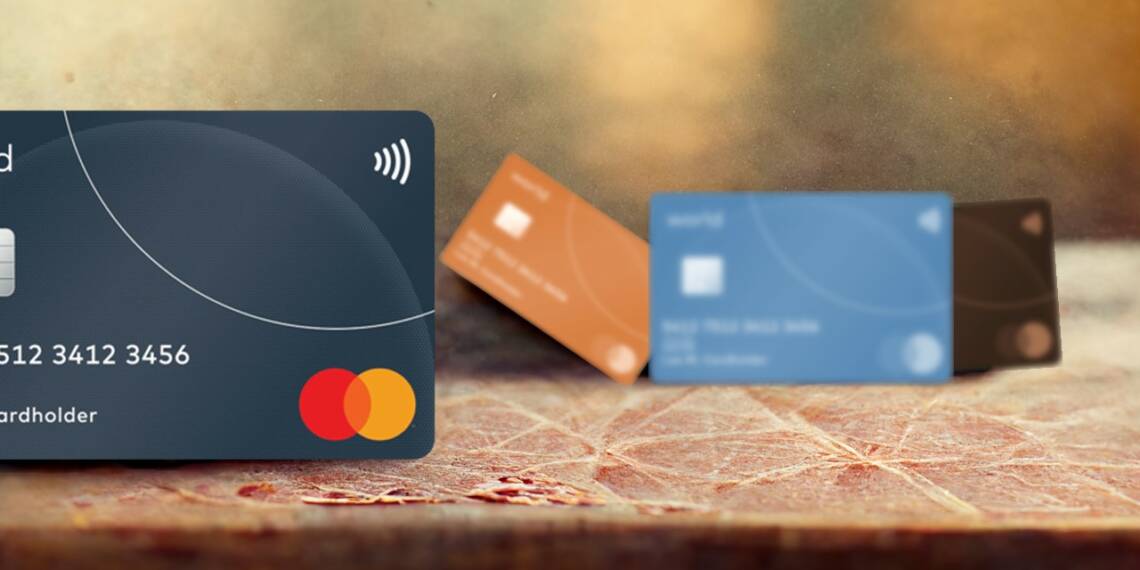Credit Card Payments Industry: With the rise of digitalised technology and innovations, the Indian payments industry has undergone a sea change in recent years, allowing transactions to be processed quickly. Credit cards are increasingly vital in facilitating online payments as we move toward a more digital society. The popularity of online purchases and transfers means service providers must always be on the cutting edge to keep up with customer demand.
Let’s define a credit card and discuss how it works.
What is a credit card?
You can use your credit card to make purchases, do debt transfers, and make cash advances, all with the expectation of repaying the loan amount in future. If you use a credit card, you must pay at least the minimum monthly debt by the due date.
An Overview of the Credit Card Processing Sector
One of the main trends in the market for credit card payments is the growing need for non-cash alternatives to be used for unexpected expenses and down payments. Credit cards are increasingly used to buy high-ticket items, including TVs (TVs), laptops, smartphones, vacation packages, and jewellery. Credit cards are relatively inexpensive in most parts of the world, driving the expansion of the credit card payments sector. Blockchain innovations that improve database security are also helping to boost the economy. In addition, many companies are issuing specialised credit cards to their staff members to track business expenses, including airfare, meals, lodging, and stock. Credit cards are also widely utilised in the retail and wholesale food and grocery, healthcare, hospitality, electronic, media, travel, and tourist markets. Also, helping the market expand is that leading companies are spending more on R&D to provide better digital prepaid card services to their clients.
Payment information is conveyed across a network of parties, including card networks, issuers, and gateways, whenever a customer uses a credit card to make a purchase. Processors of credit cards are liable for the safe and sound transmission of such information. The payments sector was forced to change rapidly, with slow adapters like credit unions suffering market share losses.
Two types of credit card processors
- The front-end processor verifies that a customer has sufficient funds for purchase by sending the transaction details from the store to the consumer’s bank for approval.
- Back-end processors are responsible for receiving payments from customers’ acquiring banks and transferring those funds to the merchants’ issuing banks.
More than a third of all retail transactions in stores will be made with credit cards this year (36.3%, to be exact), making credit card processing companies a major force in the payments ecosystem. Well, that wraps up the most recent tendencies in credit cards. The industry is preparing to revolutionise the payment process, card distribution, and credit scoring. However, more developments have impacted the economy and may continue beyond 2022.
Convenient, Hassle-Free, International Fund Transfers
The complexity of international credit card payment systems has long hampered across-the-board financial transactions. Common challenges include technological shortcomings, regulatory hurdles, and a lack of transparency. Despite having a monopoly on local currency purchases and the accompanying conversion process, issuers like Visa and MasterCard don’t always ensure that it is as straightforward and frictionless as possible.
Credit card industry developments
Credit cards have been there for a while in India, but the business has recently begun a meteoric rise, with January 2022 seeing credit card transactions totalling over Rs.877 billion. The growth of this sector can be attributed to several interconnected factors.
Latest Credit Card Industry Trends
Contactless payments
There has been a surge in demand for contactless payment options in the last couple of years. As a result, the country has seen a rise in the number of people getting plastic. Wearable payment systems’ rising popularity also propels the credit card market.
Pay later
Numerous businesses in the financial technology industry provide buy now, pay later options, enabling customers to make instalments over time. Any purchase made with a BNPL card is eligible for interest-free financing. Credit alternatives are preferred over other payment methods because of the convenience they provide to customers.
Changing Rewards Environment
Credit cards can be rewarding for some customers because of the available incentives and cash-back options. Many credit cards nowadays, especially co-branded cards, provide rewards programs to entice customers to keep using their cards.
Travel cards
Credit card companies often provide perks to cardholders who frequently travel, such as free use of airport lounges, insurance protection, and the ability to redeem miles or points for free trips. Users are enticed to use credit cards to reap the rewards.
The FinTech Revolution
The rise of fintech and new-generation banks that work with traditional financial institutions to bring consumers the best products and services have revolutionised the credit card business.
Conclusion
Online transactions are here to stay in this age of instant gratification. Consumers increasingly rely on credit cards as their primary payment method due to their convenience and safety when making purchases. More and more cutting-edge capabilities are being introduced to credit cards to help consumers get the most out of the tool beyond just making purchases. Banks report an increase in credit card applications due to the tendencies mentioned earlier, as consumers want to take advantage of the various benefits of using credit cards.
Also Read: 4 Things You Should Know About Payday Loans








